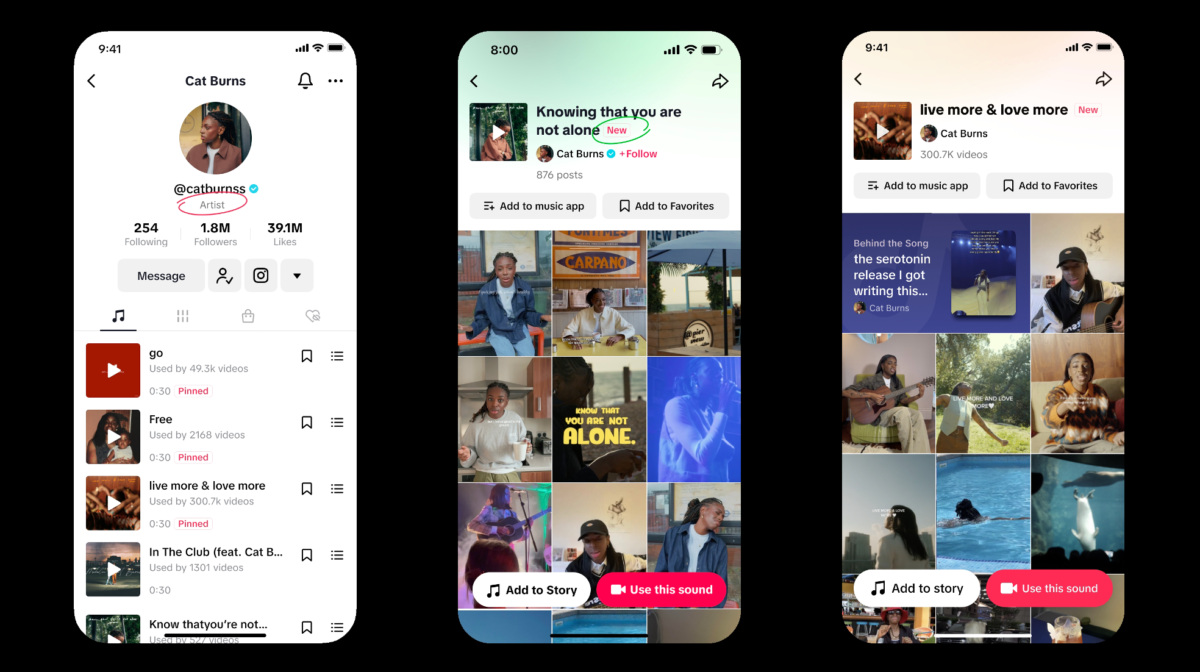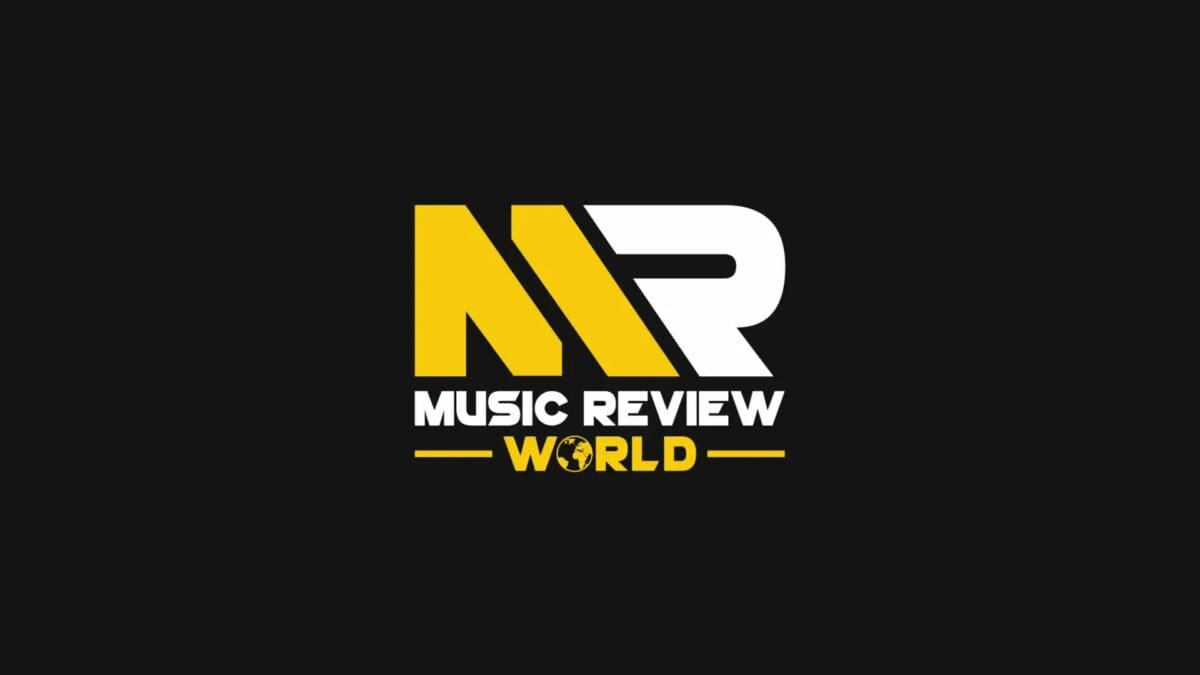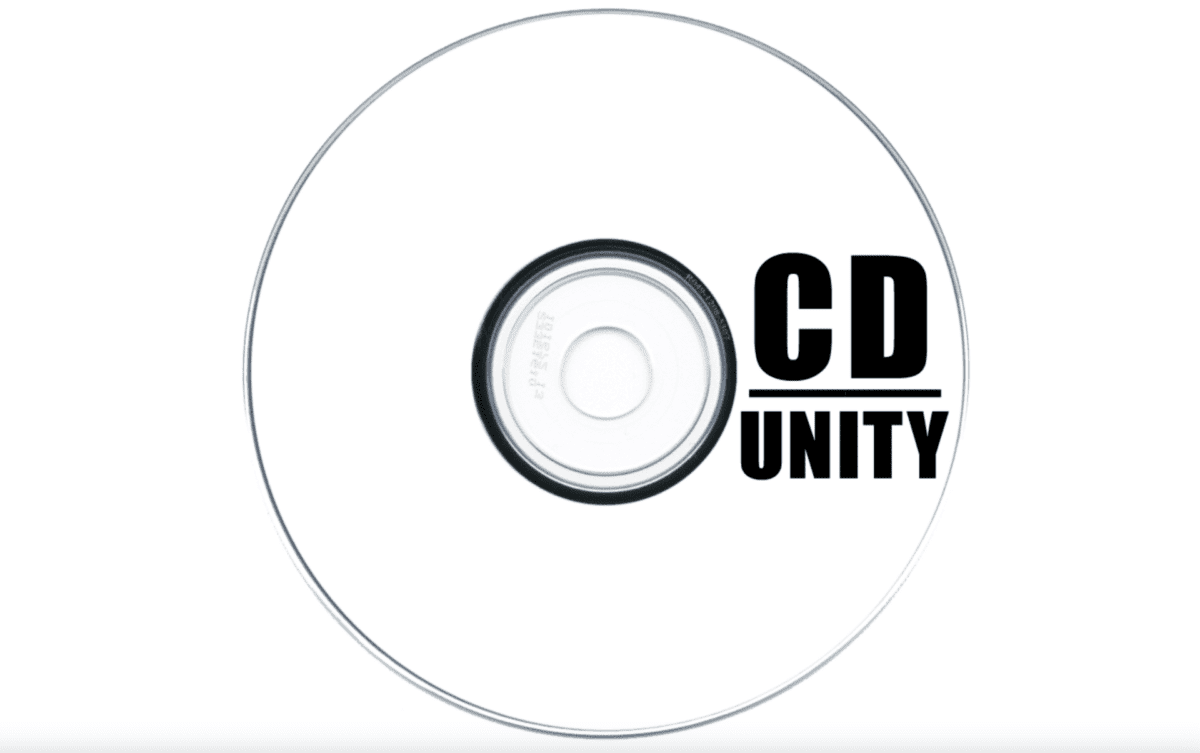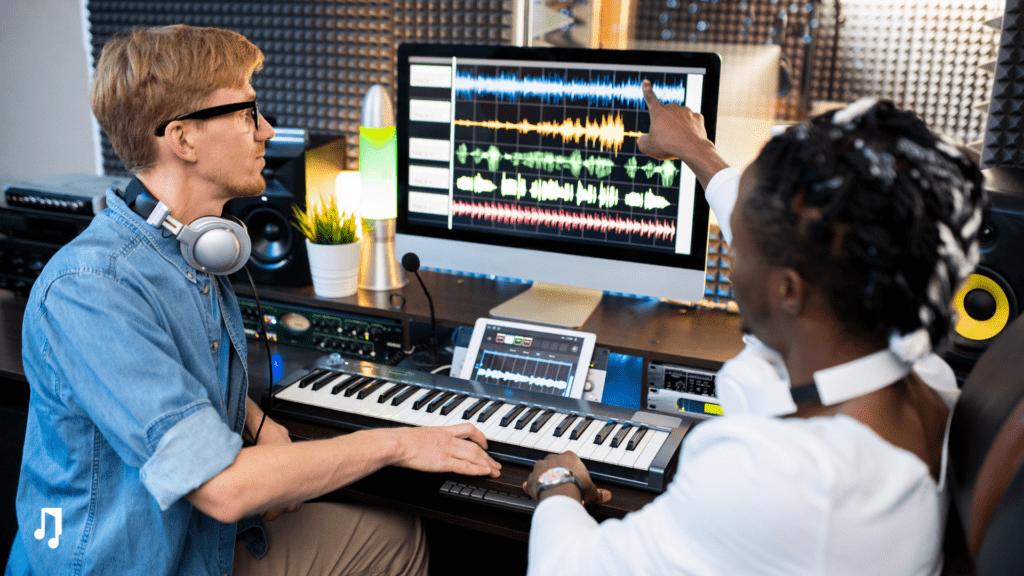
Collaboration in the music industry is more than just a trend; it’s a powerful tool that can elevate your work, expand your audience, and enrich your creative process. Whether you’re an independent musician looking to diversify your sound or seeking to inject fresh ideas into your projects, finding the right collaborators is key to your success.
In this article, we’ll explore the benefits of collaboration, provide tips on selecting the right partners, introduce tools and platforms that can help you connect with other artists, and give you some examples of when unusual collaborations were a hit.
The Benefits of Collaboration
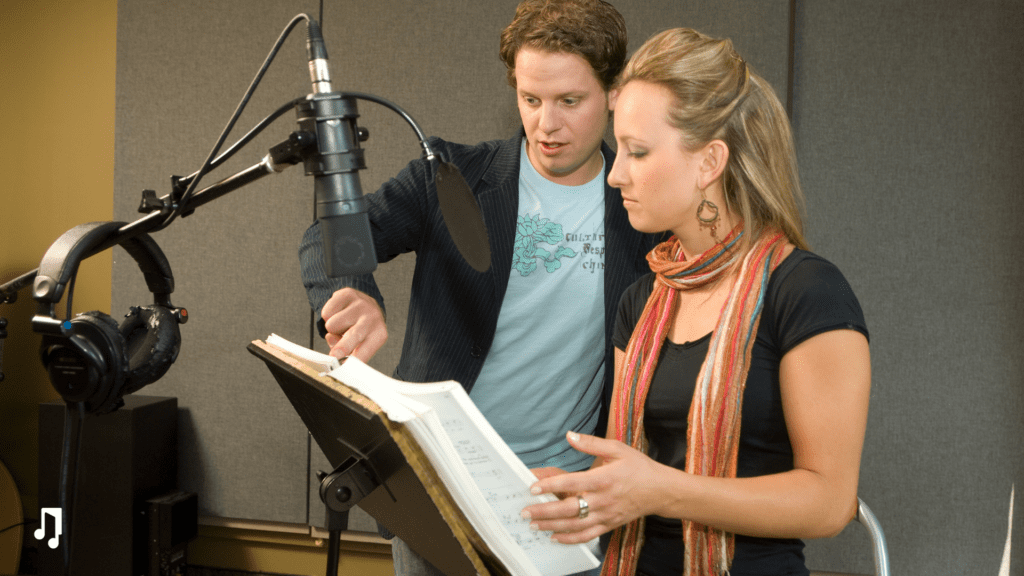
Working with other artists isn’t just a great way to make music—it’s an adventure that can totally transform your sound. When you team up with musicians from different genres, you get to blend styles and create something truly unique and fresh. Imagine combining your beats with someone else’s melodies to create a whole new vibe!
Collaboration is also a fantastic source of inspiration. When you’re in the studio with someone else, you’ll find new ideas sparking all around. It’s like having a creative brainstorming session where everyone brings their best stuff to the table. This can push you to explore new techniques and take your music in exciting new directions you might not have thought of on your own.
Plus, working together can boost your recognition and credibility in the music world. It’s a great way to reach new audiences and open up more opportunities. Sharing skills and perspectives with other artists is a powerful way to grow and innovate. So, don’t hesitate—grab that chance to collaborate and see where the journey takes you!
Best Music Collaboration Benefits
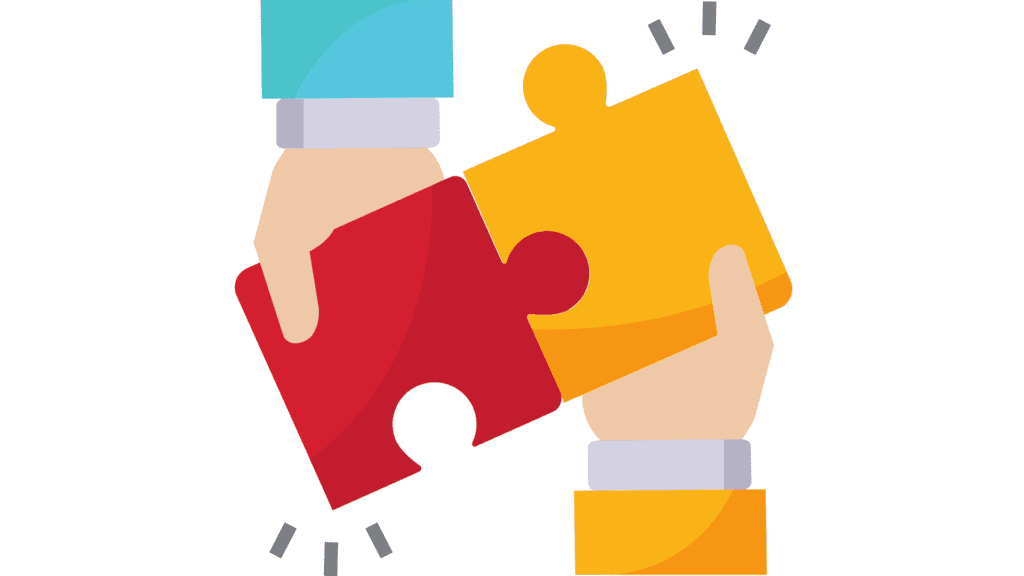
Enhanced Creativity:
Working with others can bring new perspectives and ideas that you might not have considered. Different musical backgrounds and influences can blend to create unique and innovative sounds.
Skill Sharing:
Collaborating allows you to learn from others. You can pick up new techniques, improve your production skills, and gain insights into different aspects of music creation and performance.
Networking Opportunities:
Collaborations can help you build valuable connections within the industry. These relationships can lead to more opportunities, whether it’s gigs, recording sessions, or industry introductions.
Audience Expansion:
Partnering with other musicians can expose your music to their fanbase, helping you reach a wider audience. This cross-promotion can be mutually beneficial, amplifying both parties’ reach.
Motivation and Accountability:
Working with others can keep you motivated and accountable. The collaborative process often requires setting deadlines and achieving milestones, which can drive productivity and commitment.
Tips for Finding and Selecting the Right Collaborators
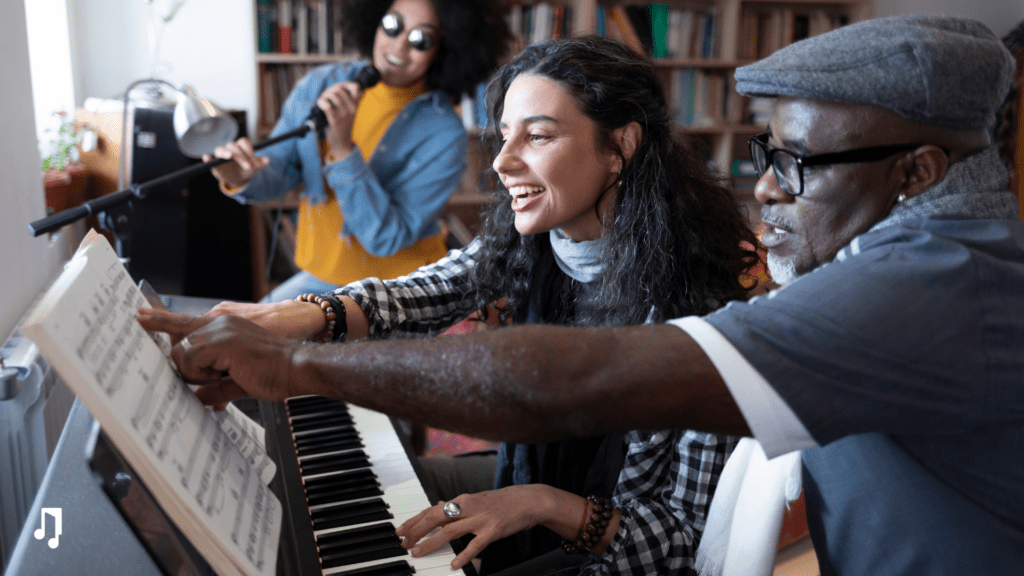
Define Your Goals:
Before seeking collaborators, be clear about what you want to achieve. Whether it’s a specific sound, a learning opportunity, or simply expanding your network, having a clear goal will help you find the right match.
Seek Complementary Skills:
Look for collaborators whose skills and strengths complement your own. If you’re a songwriter, you might benefit from working with a producer or a session musician who can bring your ideas to life.
Evaluate Their Work Ethic:
Successful collaborations often hinge on compatible work ethics and commitment levels. Ensure your potential partner is as dedicated and professional as you are to avoid conflicts and ensure smooth progress.
Assess Chemistry:
Personal and creative chemistry is crucial. Spend time getting to know your potential collaborator, discussing your creative visions, and even doing a test run on a small project to gauge compatibility.
Check References and Reputation:
If possible, talk to others who have worked with your potential collaborator. This can provide insights into their reliability, professionalism, and how they handle the collaborative process.
Tools and Platforms for Music Collaboration
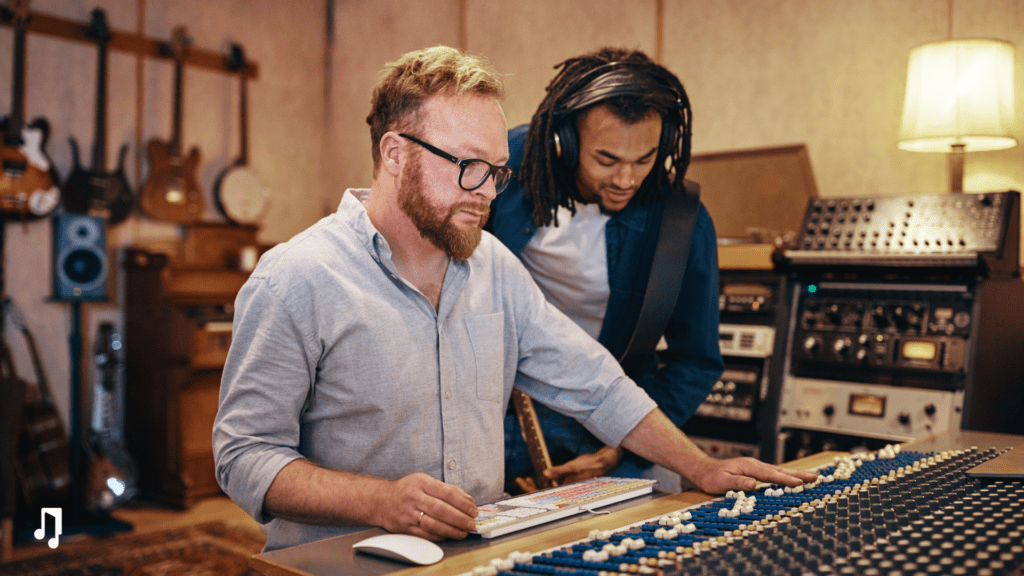
Music Gateway
Music Gateway is a global artist services platform aimed at empowering independent musicians, where artists can easily access everything they need to progress – all in one place.
The new enhanced Artist Development Programme gives you 1-to-1 mentorships with experienced artist managers, who have worked alongside artists such as Ed Sheeran, Elton John, The 1975, Metallica and many more. They can work with you to identify your next steps, develop your music, grow your fanbase and collaborate with professionals across the industry to help you have an independent, thriving and successful music career.
SoundBetter
SoundBetter is a leading music production marketplace that facilitates collaboration between musicians and top music professionals worldwide. Artists can hire mixing and mastering engineers, producers, singers, songwriters, and studio musicians to enhance their musical projects.
BandLab
BandLab is a social music platform that allows you to create, collaborate, and share music with others. Its user-friendly interface and community-focused features make it ideal for finding collaborators at all levels. It allows users to create music, engage in real-time collaborative Digital Audio Workstation (DAW) sessions, and share their creative processes.
Kompoz
Kompoz is specifically designed for online music collaboration. Musicians from around the world can upload tracks, add their contributions, and work together to create complete songs. It provides a virtual workspace where users can collaborate with friends, bandmates, and a global community of musicians.
ProCollabs
ProCollabs is a digital music collaboration platform that enables musicians, songwriters, and audio engineers to connect and create music online. It offers a secure and reliable environment for artists to write, record, and collaborate on music projects. Users can access a vast network of creative professionals, making it easier to find collaborators for various aspects of music production.
Top Ten Unusual Music Collaborations That Worked
Nelly and Tim McGraw – “Over and Over” (2004)
Genre: Country Rap – A surprising blend of country and rap that became a hit.
Rihanna and Coldplay – “Princess of China” (2011)
Genre: Pop/Rock – A unique collaboration that created an atmospheric track between two very different artists.
KoRn and Skrillex – “Narcissistic Cannibal” (2011)
Genre: Nu Metal/Dubstep – This collaboration brought together heavy guitar riffs with electronic dubstep beats.
The Bloody Beetroots and Paul McCartney – “Out of Sight” (2013)
Genre: Electronic/Rock – A surprising mix of electronic music with a legendary rock icon.
Fall Out Boy and Elton John – “Save Rock and Roll” (2013)
Genre: Pop Rock – This collaboration blended the energetic style of Fall Out Boy with the classic rock influence of Elton John.
BTS and Sia – “On” (2020)
Genre: K-Pop/Pop – An unexpected pairing that combined BTS’s dynamic style with Sia’s powerful vocals.
Feed Me and Crystal Fighters – “Love Is All I Got” (2012)
Genre: Electronic/Folk – An eclectic mix of electronic beats and folk-inspired melodies.
Janet Jackson and Cliff Richard – “Two To The Power Of Love” (1984)
Genre: Pop – A surprising duet between the pop diva and the British rocker.
Run-D.M.C. and Aerosmith – “Walk This Way” (1986)
Genre: Hip-Hop/Rock – A groundbreaking collaboration that bridged the gap between rock and rap.
David Bowie and Bing Crosby – “Peace on Earth/Little Drummer Boy” (1977)
Genre: Christmas/Pop – An unusual yet heartwarming collaboration between the rock icon and the traditional crooner.
Conclusion
Finding the right collaborators can transform your music projects, providing fresh inspiration and opening new doors. By defining your goals, seeking complementary skills, and leveraging the right tools and platforms, you can connect with like-minded artists and take your music to the next level.
Start exploring the possibilities today, and let collaboration be the catalyst for your next big musical breakthrough.
To learn more about how Artist Development can help you find the right collaboration, get in touch.





